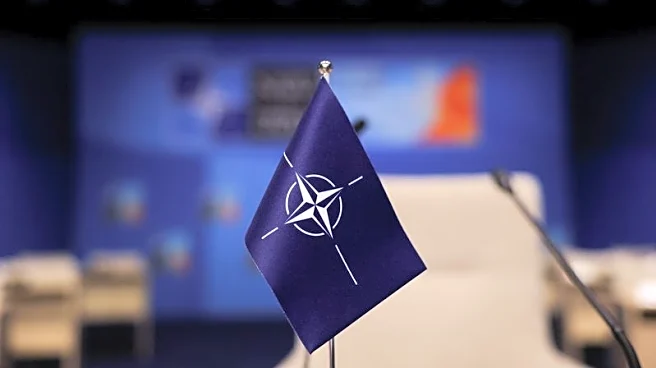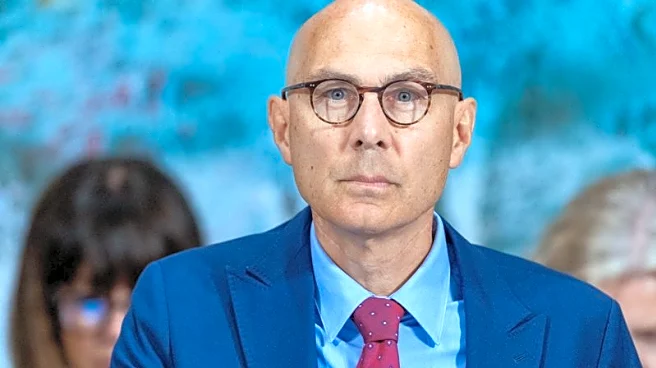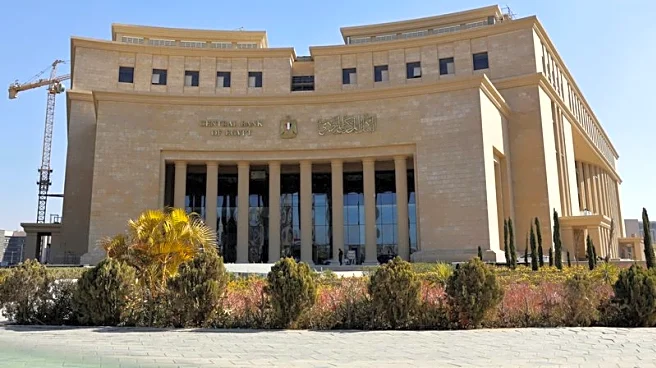What's Happening?
French President Emmanuel Macron has acknowledged France's role in atrocities committed in Cameroon during the period of 1945 to 1971. This admission follows a joint report by Cameroonian and French historians detailing the persecution of independence aspirations, which included widespread imprisonment and village devastation. Tens of thousands of Cameroonians were killed, and many were confined to internment camps. Macron's acknowledgment came in a letter to Cameroon's President Paul Biya, where he assumed responsibility for France's actions but did not issue a formal apology or discuss reparations.
Why It's Important?
Macron's acknowledgment is significant as it addresses France's colonial past, which has been a point of contention in international relations. While some view this as a step towards historical truth, others criticize the lack of a formal apology and reparative measures. The acknowledgment may influence France's diplomatic relations with African countries, potentially affecting trade, cooperation, and cultural exchanges. It also reflects ongoing pressure on France to confront its colonial history more openly.
What's Next?
The acknowledgment may lead to further discussions between France and Cameroon regarding historical reconciliation. There could be calls for formal apologies or reparations from various stakeholders, including human rights groups and affected communities. France may face increased scrutiny over its colonial history, prompting similar acknowledgments in other countries. The diplomatic relationship between France and Cameroon may evolve based on how both nations address these historical issues.










